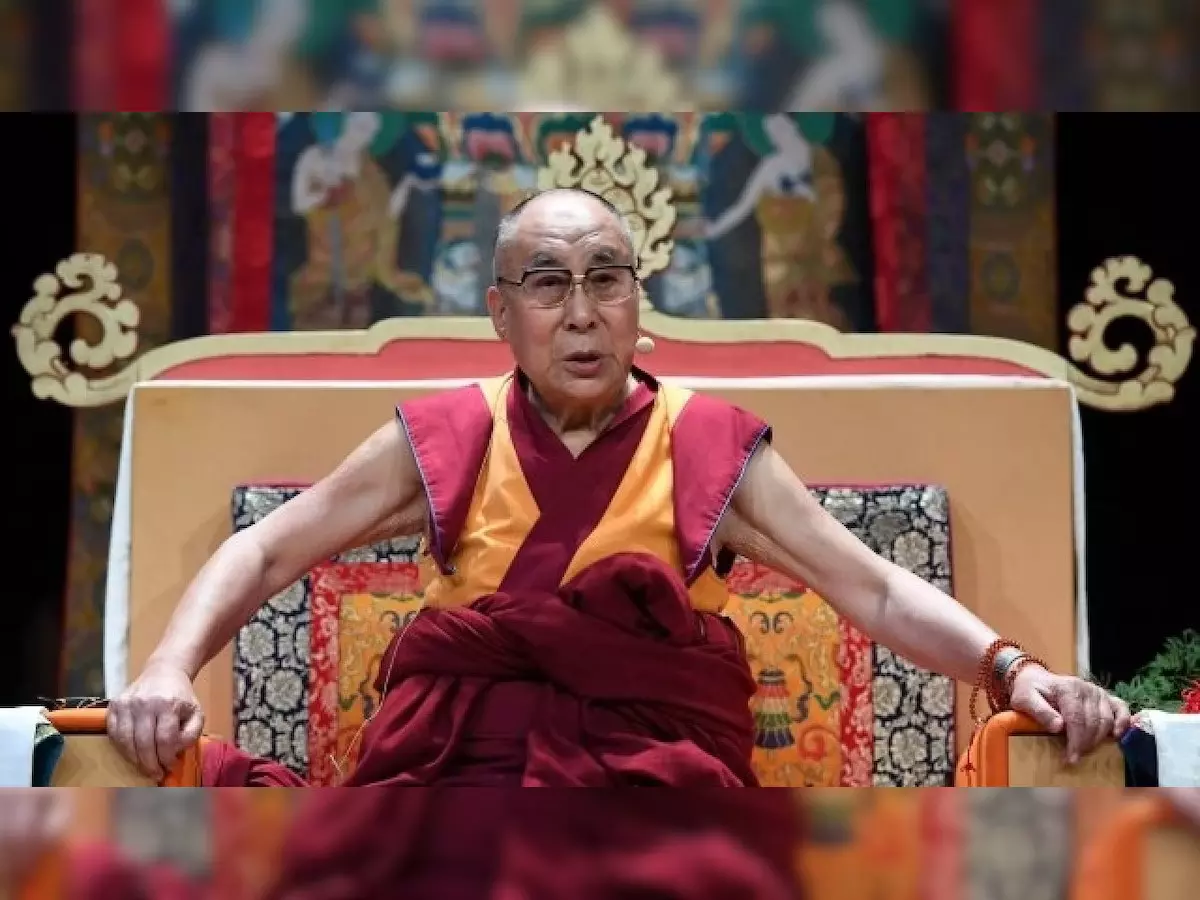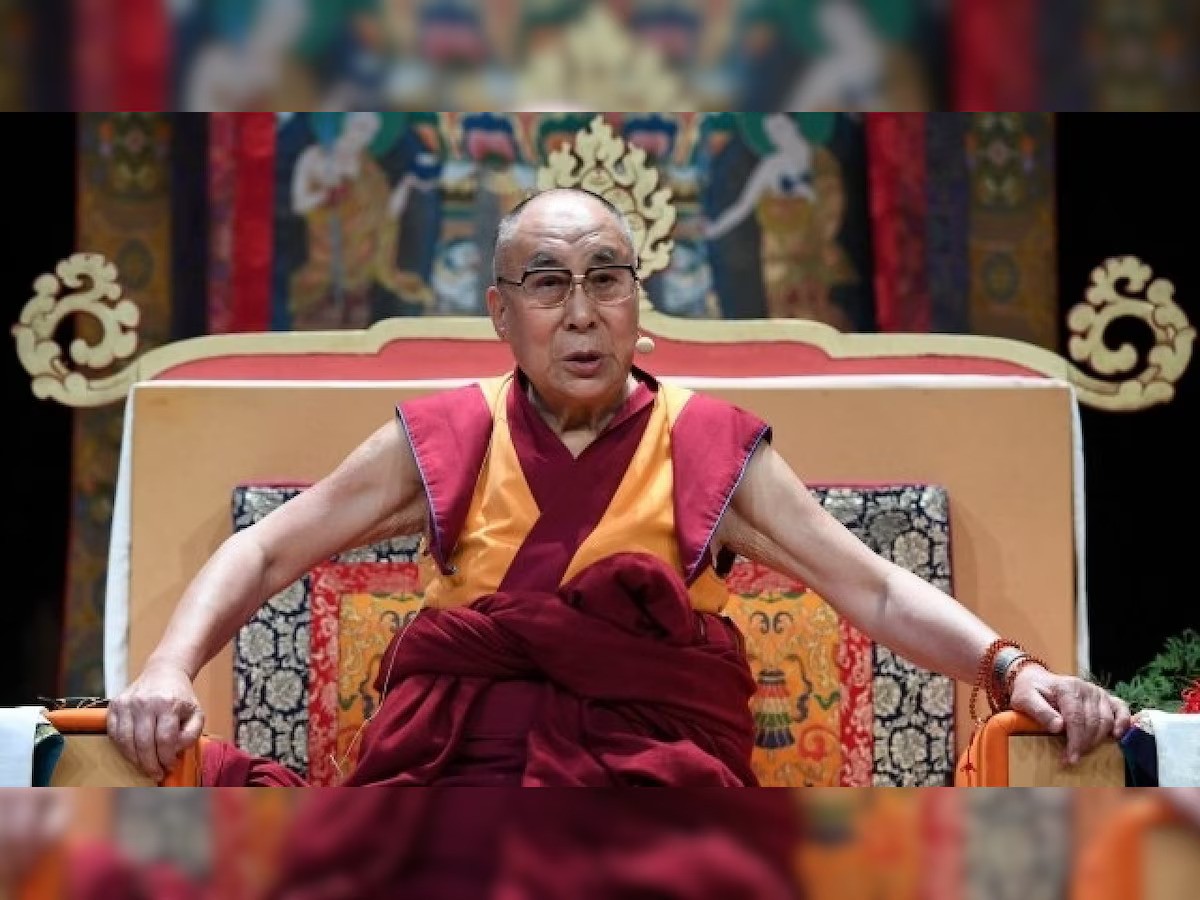
When the Dalai Lama went to New York in June for knee surgery, his followers worried about his overall health and the future of Tibetan Buddhists without him. He told Reuters last week there was nothing much to worry about.
The Nobel laureate has been disarming questioners with the same reply for years.
He spoke to Reuters only for a few minutes at the end of the audience.
The 14th Dalai Lama fled to India along with thousands of Tibetans in early 1959 after a failed uprising against Chinese rule. Beijing insists it will choose his successor, but the Dalai Lama has said it was possible his incarnation could be found in India and warned that any other successor named by China would not be respected.
The Dalai Lama’s prediction of living for another two decades is reassuring for his followers, but more clarity on his succession – including if and where he will be reincarnated – could come from him when he turns 90 in July, said Dolma Tsering Teykhang, the deputy speaker of the Tibetan parliament-in-exile, also based in Dharamshala.
“We are just lay people, we can’t fathom his wisdom, so we are waiting for his clear guidance,” Teykhang told Reuters in her parliament office about 2 km (1.5 miles) from the Dalai Lama’s residence.
Teykhang said that although even thinking of the current Dalai Lama’s demise brings tears to her eyes, there is a system in place for the Tibetan-government-in-exile to continue its political work while officers of the Dalai Lama’s Gaden Phodrang Foundation would be responsible for searching and recognising the next Dalai Lama.
The current Dalai Lama set up the Zurich-based foundation in 2015 to “maintain and support the tradition and institution of the Dalai Lama with regard to the religious and spiritual duties of the Dalai Lama”, according to its website.
Its senior officers include monks living in India and Switzerland.
Without His Holiness, the struggle of Tibet, I don’t know where it will go. But then I put my hope in the administration that he has built in 60 years from nothing to this level.
“BACK AMONG PEOPLE
The knee surgery meant the Dalai Lama had to avoid audiences for nearly three months. He resumed in September and now sees hundreds of people three times a week at his home, a sprawling complex that has a temple and an office, surrounded by lush green and snow-topped hills.
Dressed in his usual red and yellow robe, he limped onto a platform, where the aides helped him sit on a leather swivel chair in front of many statuettes of the Buddha.
People lined up to seek his blessings one by one as he remained seated, the chair held in place by an aide. The Dalai Lama held the hands of each visitor, touched the heads of some with his forehead, and chanted mantras for those who wanted his blessings for specific reasons.
Overwhelmed, several devotees cried as they left.
The Dalai Lama is the best-known living proponent of Buddhism and won the Nobel Peace Prize in 1989 for keeping alive the Tibetan cause. Beijing sees him as a dangerous separatist, although he has embraced what he calls a “Middle Way” of peacefully seeking genuine autonomy and religious freedom within China.
Born in 1935, the Dalai Lama was identified as the reincarnation of his predecessor when he was two years old. It is possible he will leave clues before he dies about where his incarnation would be born and to whom, said Teykhang.
While earlier a regent would take over temporarily once a Dalai Lama died, that system is longer in place, she said.
The Dalai Lama last month congratulated Donald Trump for his victory in the U.S. election and Teykhang said the incoming president could be good news for Tibetans “because he always was with Tibet, he was with human rights, he was with the fact that Tibet is not a part of China since antiquity”.
The prime minister of the Tibetan government-in-exile, Sikyong Penpa Tserin, has been in the U.S. this month and met officials including Uzra Zeya, U.S. special coordinator for Tibetan issues.
“Our Sikyong is there to figure out how the changes are happening,” said Teykhang.
“I think Tibetans are very fortunate because consecutive Republican or Democratic administrations…no matter how big their differences are, but on the matter of Tibet, they are always on board together.”
